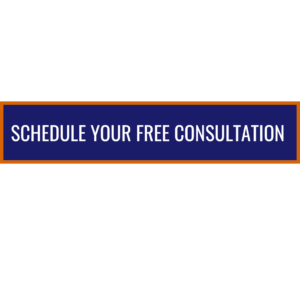
Common Causes of Truck Accidents and How to Prove Liability
Truck accidents can result in catastrophic injuries and extensive property damage due to the sheer size and weight of commercial trucks. Proving liability in a truck accident case can be complex, as multiple factors may contribute to the accident. In this blog post, we’ll discuss some common causes of truck accidents and strategies for proving liability in such cases.
Common Causes of Truck Accidents
- Driver Fatigue:
- Long hours on the road and tight delivery schedules can lead to driver fatigue.
- Proving liability may involve examining driver logs, rest breaks, and adherence to hours-of-service regulations.
- Speeding:
- Speeding is a common cause of truck accidents, as it reduces a driver’s ability to react in time.
- Proof of liability may involve eyewitness statements, skid marks, or black box data from the truck.
- Distracted Driving:
- Like all motorists, truck drivers can become distracted by cell phones, GPS devices, or other distractions.
- Liability can be established with phone records, electronic data, or eyewitness accounts.
- Impaired Driving:
- Driving under the influence of drugs or alcohol is dangerous and can lead to accidents.
- Liability may be proven through police reports, toxicology tests, or eyewitness testimony.
- Inadequate Maintenance:
- Poorly maintained trucks, including faulty brakes or tires, can contribute to accidents.
- Liability can be established through maintenance records and expert testimony.
- Improper Loading or Cargo Securement:
- Incorrectly loaded or unsecured cargo can cause a truck to become unstable or lose control.
- Proof of liability may involve examining loading records, cargo weight, and securement methods.
- Weather Conditions:
- Adverse weather, such as rain, snow, or fog, can reduce visibility and road traction.
- Establishing liability may involve weather reports, accident reconstruction, and driver behavior.
Proving Liability in Truck Accident Cases
- Preserve Evidence:
- Quickly gather and preserve evidence from the accident scene, including photographs, witness statements, and police reports.
- Truck Maintenance Records:
- Obtain maintenance and inspection records for the truck involved in the accident.
- Black Box Data:
- Commercial trucks are often equipped with electronic control modules (ECMs) or “black boxes” that record crucial data. This can include speed, braking, and engine performance.
- Driver Logs:
- Review the driver’s logs to assess compliance with hours-of-service regulations.
- Eyewitness Testimony:
- Collect statements from witnesses who observed the accident or the events leading up to it.
- Accident Reconstruction:
- Engage accident reconstruction experts to analyze the accident scene, vehicle damage, and other factors.
- Trucking Company Records:
- Investigate the trucking company’s safety practices, training programs, and compliance with federal regulations.
- Expert Witnesses:
- Consider the use of expert witnesses, such as accident reconstructionists or medical experts, to support your case.
- Legal Counsel:
- Consult with an experienced personal injury attorney who specializes in truck accident cases. They can guide you through the legal process and help build a compelling case for liability.
Proving liability in truck accident cases is crucial for victims seeking compensation for their injuries and damages. By carefully preserving evidence, analyzing records, and enlisting expert support, you can strengthen your case and hold responsible parties accountable for their actions. If you’ve been involved in a truck accident, consult with a knowledgeable personal injury attorney who can assess the specific circumstances of your case and provide tailored legal guidance. Remember that seeking legal counsel early is essential to protect your rights and maximize your chances of a successful outcome.
A personal injury lawyer can help you understand your legal options and negotiate a fair settlement on your behalf. Click here to schedule a free consultation with one of our skilled California lawyers to learn more about your options. Or call our offices at 707 549 8166.

